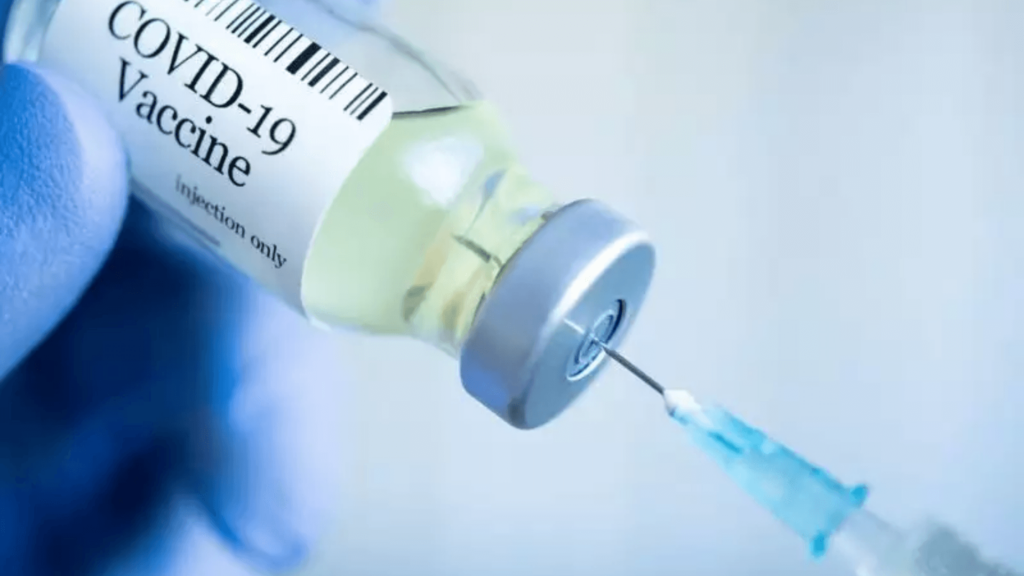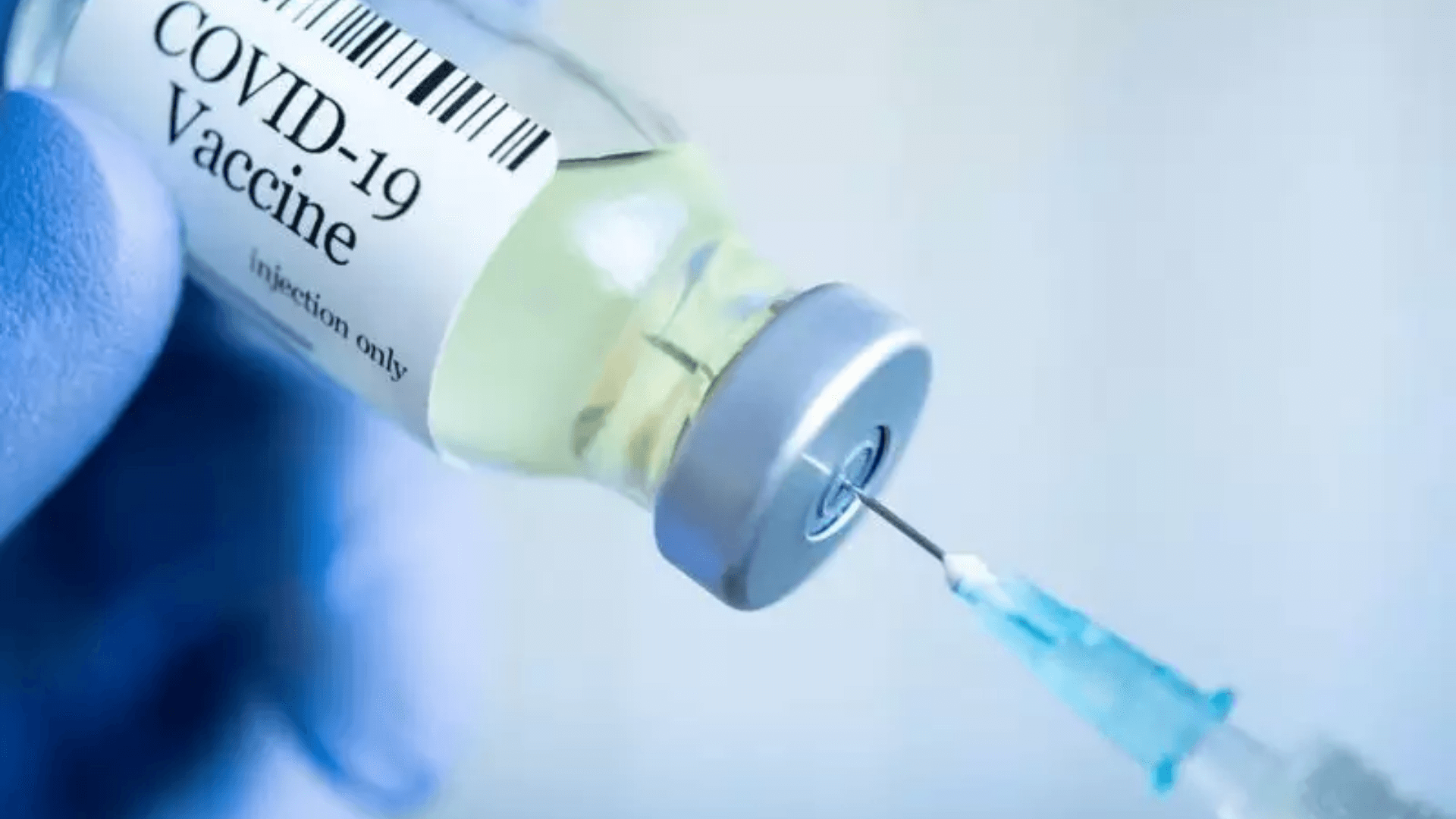After analyzing the newest evidence, experts indicate that several personal preventive and social measures such as hand washing, mask-wearing, and physical distancing are associated with lower COVID-19 incidence and should be continued alongside vaccination.
More extreme measures such as border lockdowns and closures of schools and businesses they add need to be assessed further to consider their potential detrimental impacts on general populations.
Experts Recommend Precautions Along With The COVID-19 Vaccine
Doubtlessly the vaccine is effective against the spread of the virus and helps one stay protected; it never means that there is no requirement of taking precautions against the spread of the virus. One may be vaccinated and not show any symptoms of viral infection; still, he can be a career and spread the same, which can lead to others who are with low immunity or not vaccinated in danger as they can catch the viral infection easily.

Previous reviews, however, have not been thorough enough to allow researchers to draw solid conclusions about the efficacy of such interventions in lowering COVID-19 rates. Public health interventions are effective in combating respiratory illnesses like influenza, and nations all around the world are taking steps to stop SARS-CoV-2 from spreading.
All 72 kinds of research satisfied the criteria for inclusion, with 35 evaluating single public health measures and 37 evaluating multiple public health measures. The researchers searched databases for studies that looked at the effectiveness of public health strategies in reducing the incidence of COVID-19 SARS-CoV-2 transmission and COVID-19 death to fill this knowledge gap.
Handwashing also showed a significant 53 percent reduction in COVID-19 incidence, albeit after accounting for the small number of studies included, this was not statistically significant. The findings from 8 of the 35 investigations were evaluated in-depth, revealing a statistically significant reduction in the incidence of COVID-19 when masks were worn and a 25% reduction when physical separation was used.
The researchers note that there is still a scarcity of high-quality information on the effectiveness of public health interventions. However, their thorough search approach for locating and selecting studies for review reduced bias implying that the findings are reliable. Due to differences in study design outcome measures and quality, a detailed examination of alternative strategies such as quarantine and isolation universal lockdowns, and border school and workplace closures was not possible.
As a result, they conclude that personal and social measures such as handwashing mask-wearing and physical separation are effective in reducing the incidence of COVID-19. In contrast, more drastic measures such as border lockdowns, school closures, and workplace closures “must be carefully assessed by weighing the potential negative effects of these measures on general populations.”
Dr. Stella Talic, the study’s principal author, says that more research is needed to examine the effectiveness of public health interventions after adequate immunization coverage. According to researchers led by Professor Paul Glasziou, the lack of good research on public health measures for COVID-19 is a pandemic tragedy.
However, they caution that this will only be possible if the worldwide community of public health academics practitioners and decision-makers is ready and able to perform the necessary trials as well as if funders are willing to support them.
They hail a recent World Health Organization initiative funded by the Norwegian government to expand “need to be carefully assessed by weighing the potential negative effects of these measures on general populations.”
Given the critical importance of public health and social measures for early pandemic control, the uncertainties and controversies surrounding their effects, and the enormous research effort put into the vaccine and drug development, the lack of investment in public health research are perplexing at only 4% of global research funding for COVID-19 they explain.
